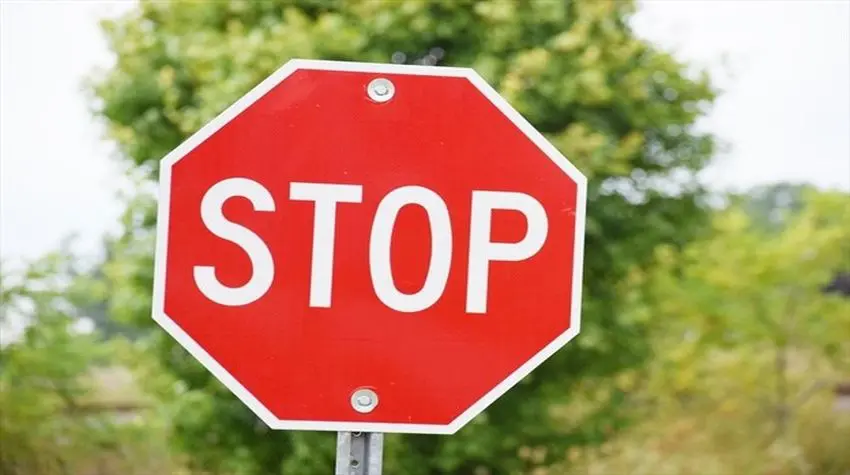
We get so used to thinking of our emergency fund as cash we shouldn’t touch. It can feel wrong to actually spend that money. But the financial situation that’s cropped up as a result of the COVID-19 pandemic makes now a perfectly legit time to tap into your reserves. Honestly.
Your individual circumstance, however, may leave you questioning whether it’s really okay to be spending your emergency fund. Maybe you have a spouse who is still working or enough money in the bank to stretch a few weeks longer.
Here are four questions to ask before spending your emergency cash:
Is this expense a need?
This is a pretty obvious question but one that’s vital to consider. When you use your emergency fund to replace lost income, you can’t spend like you used to. Ask yourself: Is this expense necessary for my survival? If not, it’s not worth draining your rainy-day fund for. That may mean pausing your cable service or taking a break from tithing so you can eat, stay healthy and keep a roof over your head.
Are there resources to help with this expense?
In response to this financial crisis, various organizations and companies are providing assistance to those in need. Banks are waiving overdraft fees and adjusting payment plans on loans. Many credit card and mortgage companies are letting customers defer payments. Food banks are trying to distribute more food. Utility companies are vowing not to shut off service for those who can’t pay. Any assistance you’re able to get will help stretch the money in your emergency fund.
Do I have cash outside of my emergency fund?
Before you start spending your emergency fund, look at other money you can use first. If you have money saved up for a summer vacation or holiday gifts, use that cash. If you have more money than usual left in your checking account because social distancing eliminated your entertainment spending, spend that. Hold off on using your emergency fund until you’ve exhausted other viable options. Avoid pulling money from your retirement accounts.
Can I get what I need for less money?
Your emergency fund will only stretch so far. Be smart about what you spend by looking for cheaper alternatives. Buy store-brand products instead of name-brand to save money on groceries or shop at a store that offers lower prices. Even if those aren’t your normal habits, think of them as a temporary belt-tightening. Reduce your utility usage to help lower your bills.








